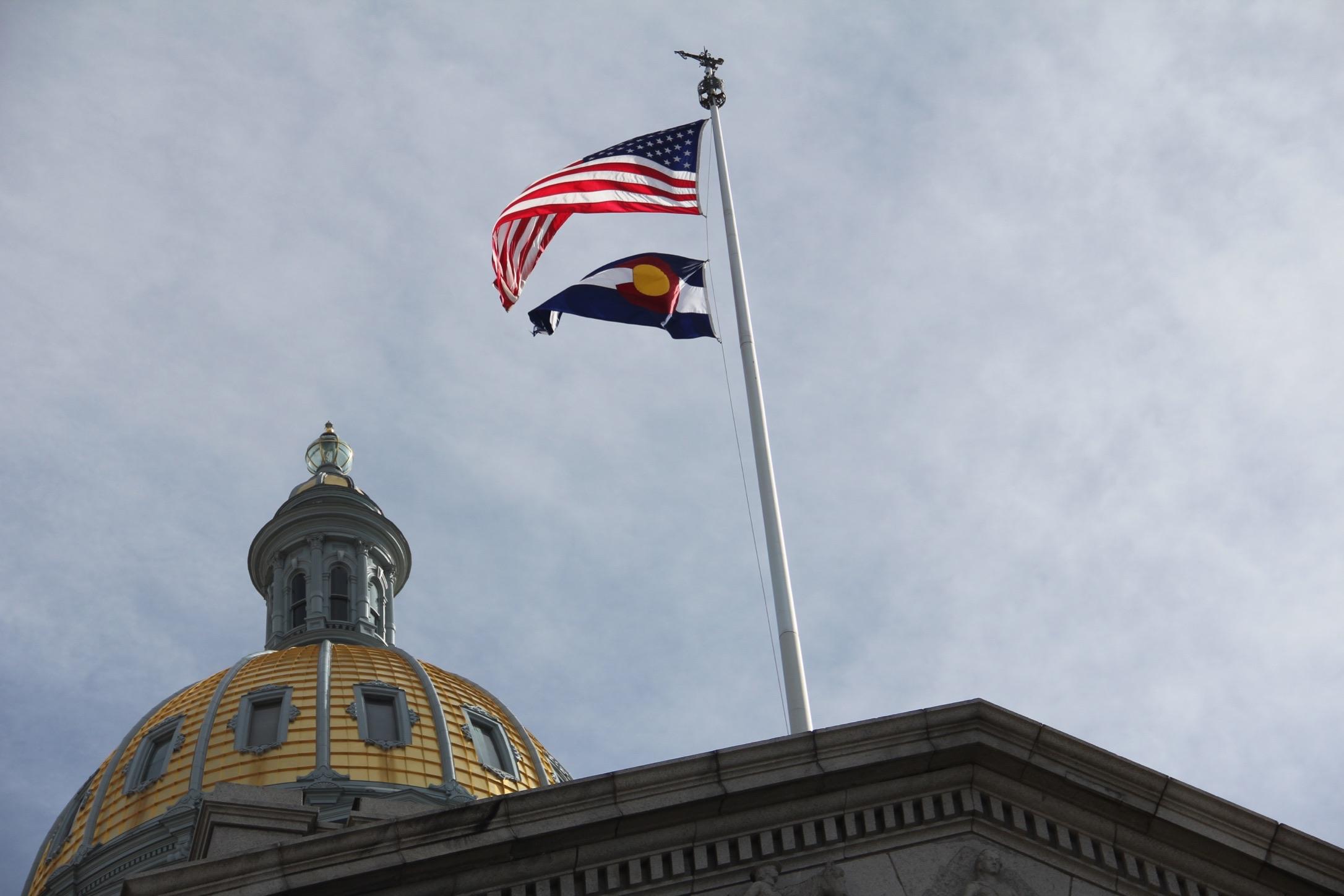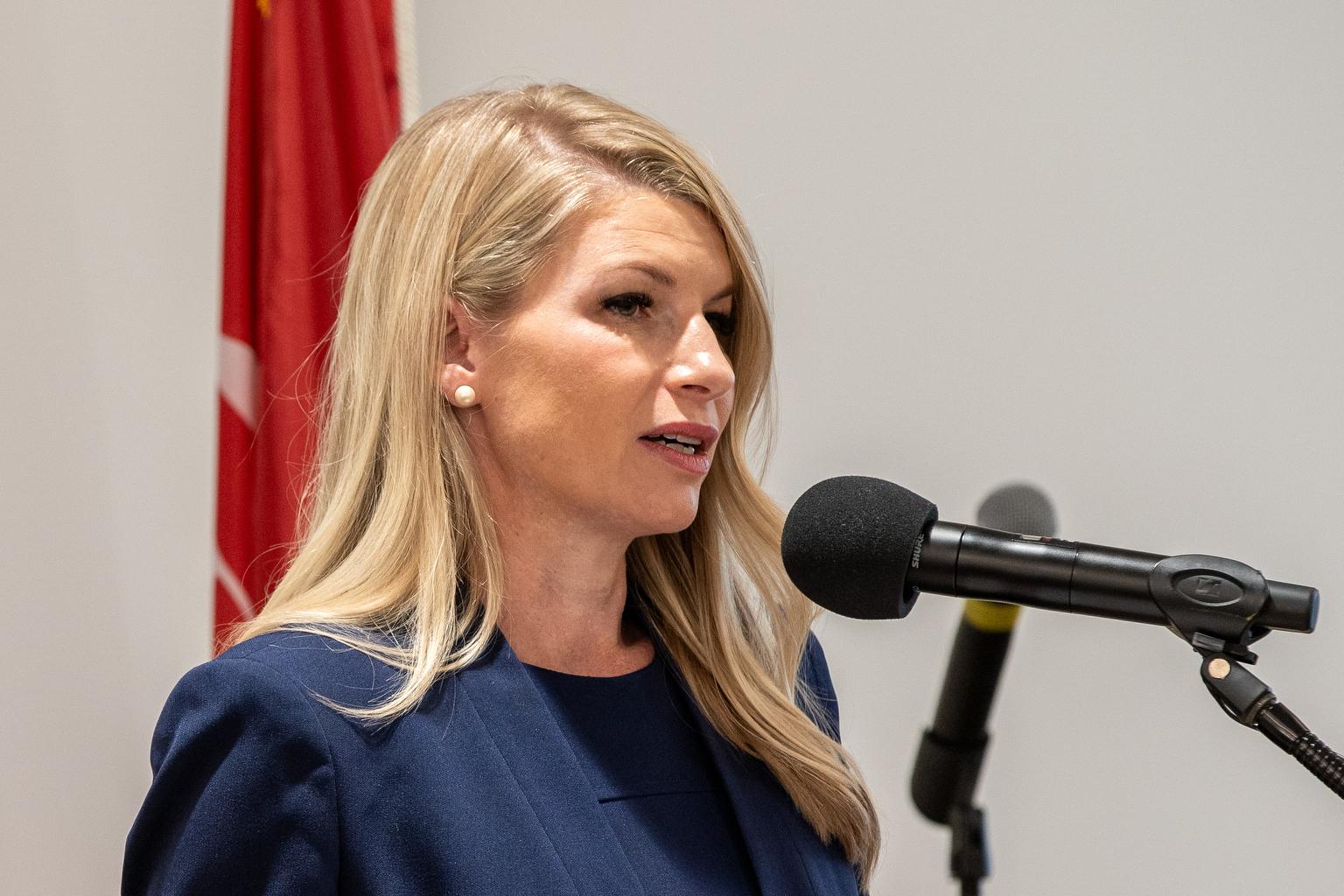
Proposition CC asks voters to allow the state to keep money that would normally be returned to taxpayers because it exceeds revenue caps set in the Taxpayer’s Bill of Rights. The excess money would be split evenly between transportation, K-12 education and colleges.
Voter Resources Quick Guide
Here’s the language you’ll see on the ballot:
“Without raising taxes and to better fund public schools, higher education, and roads, bridges, and transit, within a balanced budget, may the state keep and spend all the revenue it annually collects after June 30, 2019, but is not currently allowed to keep and spend under Colorado law, with an annual independent audit to show how the retained revenues are spent?”
How would it work?
TABOR is a constitutional amendment that limits the annual growth of state spending to a total of inflation plus population growth. In years when the state collects more than the formula allows, taxpayers receive refunds. Under Proposition CC, voters would give up their refunds permanently and allow the state to spend the money for the aforementioned purposes. The state would conduct an annual audit and report how the money was spent.
Who’s for it and who’s against it:
The Yes on Prop CC campaign argues that TABOR limits have hamstrung the state legislature and prevented needed investments in transportation and education. Supporters argue that the measure doesn’t constitute a tax increase because it doesn’t raise rates. They maintain that TABOR refunds are only triggered in good economic times, when taxpayers may be better able to absorb the loss.
Coloradans have received TABOR refunds eight times since the amendment was approved in 1992.
The Vote No on CC campaign said TABOR limits are a necessary check on the state budget, that the state collects plenty of money and that the legislature must reprioritize its spending. They argue that Proposition CC amounts to a tax increase because Coloradans will have less money in their pockets and they say it’s a ‘’blank check” because the legislature could go back and change the way the money is distributed at any time.









